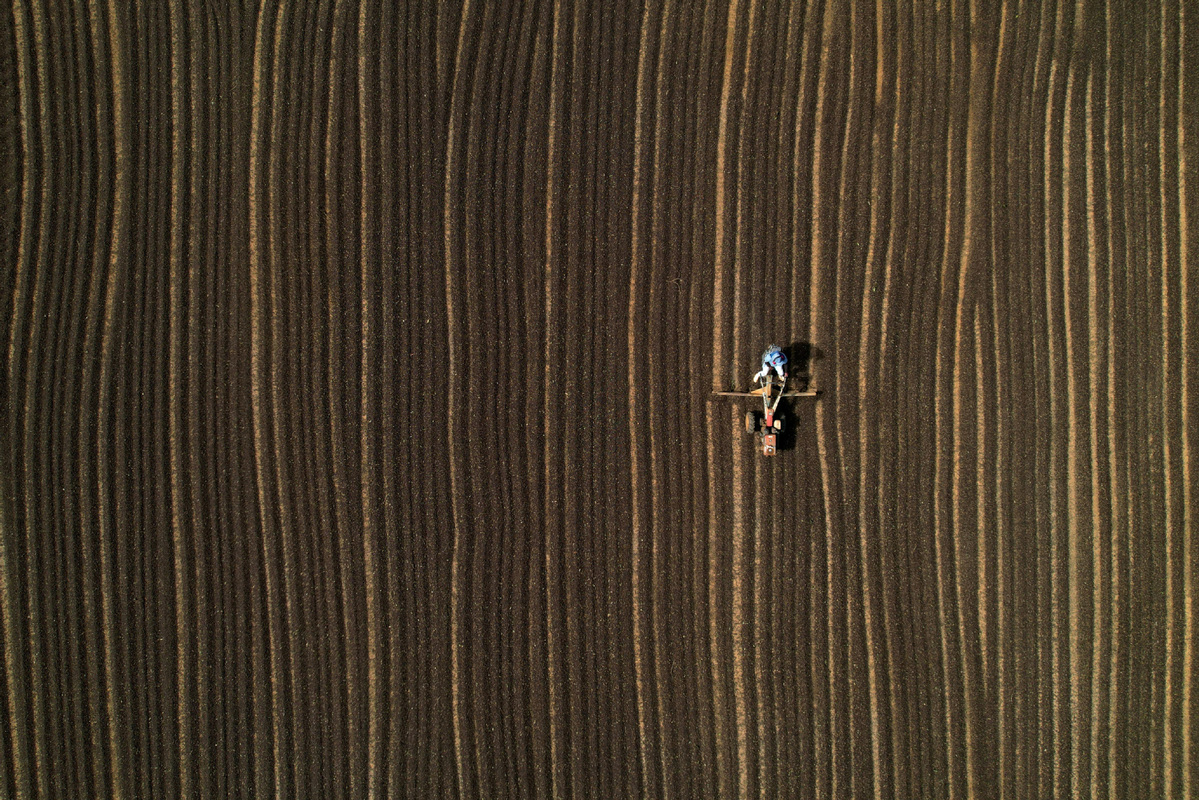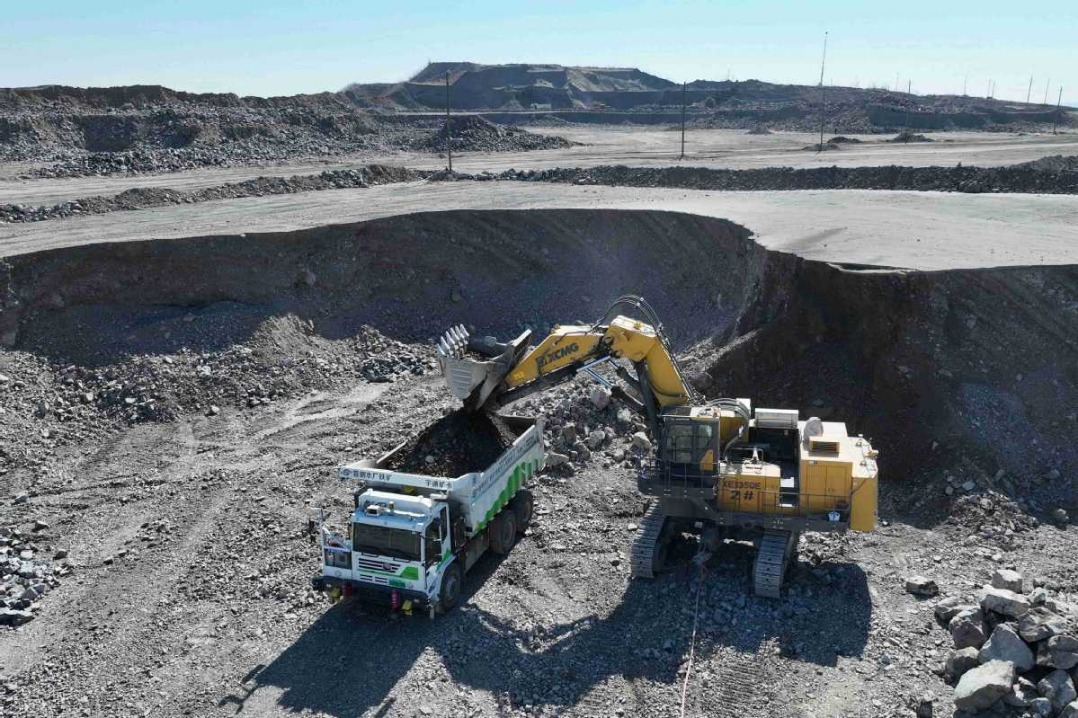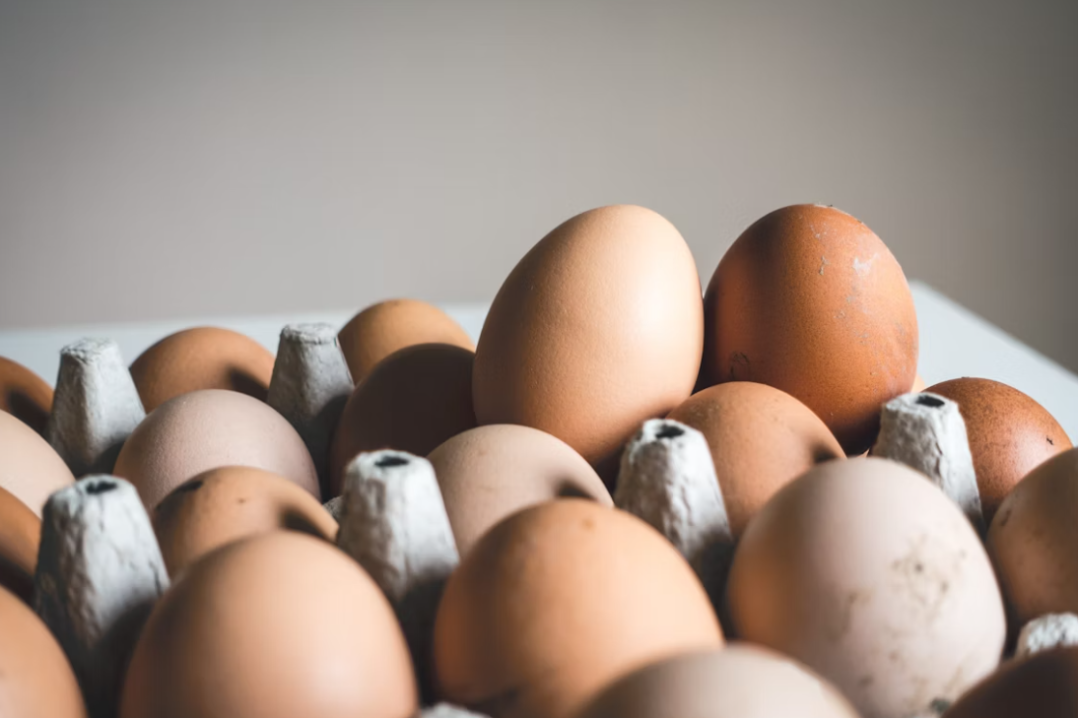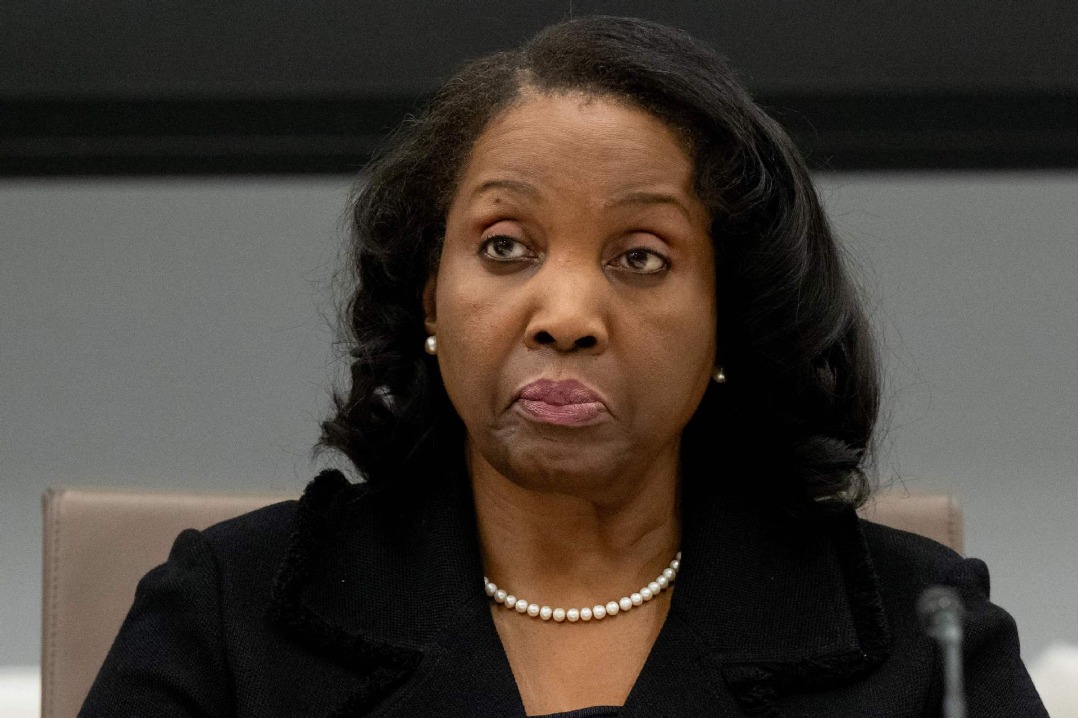Coffee importers await effects of tariffs


For a vast number of Americans, waking up and making a cup of coffee is part of their daily routine.
But amid a brewing global trade war, a "cup of Joe" could soon get pricier after President Donald Trump said in July that he was considering raising tariffs on coffee imports from Brazil to 50 percent from 10 percent, beginning Aug 1.
"The US is the largest consumer of coffee worldwide, with annual imports of beans and ground coffee estimated at around $8 billion," David A. Gantz, an economist at Rice University's Baker Institute for Public Policy and professor emeritus at The University of Arizona, Rogers College of Law, told China Daily.
"By the time coffee is ground, packaged and reaches the consumer at the supermarkets and coffee shops and restaurants, the aggregate impact on the US economy is estimated at more than $340 billion a year," he said.
Around 1.6 million metric tons of coffee was imported into the US in 2024, according to the United States Department of Agriculture.
Brazil is one of the largest suppliers of coffee globally, along with Columbia and Vietnam. Imports from South America, Africa and Asia accounted for 99 percent of all coffee drank in the US, the USDA said.
Meanwhile, China exported $191 million of coffee globally in 2024, according to the Observatory of Economic Complexity. At least $18.6 million of those exports were sent to the US, $28.2 million to the Netherlands and $24.8 million to Germany.
China's fastest growing coffee export markets are to Germany, the Netherlands and the US. Chinese brands like Luckin coffee and HeyTea are also gaining a foothold in the US.
Dozens of countries that have not yet struck a deal with the US by Aug 1 could be charged tariffs "in the range of 15 to 25 percent, probably one or two of those numbers", Trump said on Monday.
The US president met with British Prime Minister Keir Starmer on Monday, and with President of the European Commission Ursula Von der Leyen on July 27 in Scotland, the birthplace of his late mother.
There he ironed out tariffs rates with the European Union and agreed to place 15 percent tariffs on EU imports, half of what had been first proposed. "I think this is the biggest deal ever made," Trump told reporters.
Under the agreement, the EU will invest $600 billion in the US and increase its purchases of US energy and military equipment.
In the US, any changes to fees on coffee imports, especially from Brazil, could see imports drop.
"If Mr Trump proceeds with the threatened 50 percent tariff, coffee imports from Brazil will decrease somewhat," Gantz predicts. "True coffee lovers will probably be willing to pay the increased prices."
American consumers are already paying more for coffee at the grocery store. In May, the average price of one pound (454 grams) of ground roast coffee was $7.93, higher than in 2024 when it was $5.99, data from the US Bureau of Labor Statistics shows.
In the US, coffee is preferred over tea, soda and bottled water, and the amount consumed this year is up nearly 7 percent compared to 2020, according to the National Coffee Association, the oldest and largest trade organization for coffee businesses.
"Coffee holds a unique place in Americans' daily lives, no other beverage is such a beloved and prominent touchstone" NCA President and CEO Bill Murray said in a statement.
"About 30 percent of US coffee imports into the US come from Brazil," Gantz adds. "Columbia and Vietnam are the other major suppliers, but with lower market shares. Minor source countries include Mexico and the Central American countries."
"In the short or medium term there is no way to replace Brazilian imports," Gantz said. "Increasing world production would take years and require substantial investments. Moreover, coffee from other countries is subject to Trump tariffs of at least 10 percent, likely more, as with Vietnam its 20 percent."
Trump's threat on Brazil's coffee came in response to what he dubbed a "witch hunt" against former Brazilian president Jair Bolsonaro, who is on trial for attempting a coup to stay in power.
Meanwhile, the domestic US coffee industry supports 2.2 million jobs across the country and contributes nearly $350 billion to the US economy every year, the NCA said.
Last year, the US produced 11,462 metric tons of coffee, a small amount of all the coffee consumed by Americans. Most of this domestic batch was made in Hawaii. But it had high labor costs and was two or three times more than imported beans.
If the US chooses to become a nation of tea drinkers, it will find that tea also faces tariffs, especially on China, where one-third of instant tea imports worth $21.5 million originated last year, online publication World Tea News found.
"Coffee's popularity brews big benefits for American coffee drinkers and the entire US economy, and we expect America's love affair with coffee to continue for many decades," Murray of the NCA added.
belindarobinson@chinadailyusa.com

































